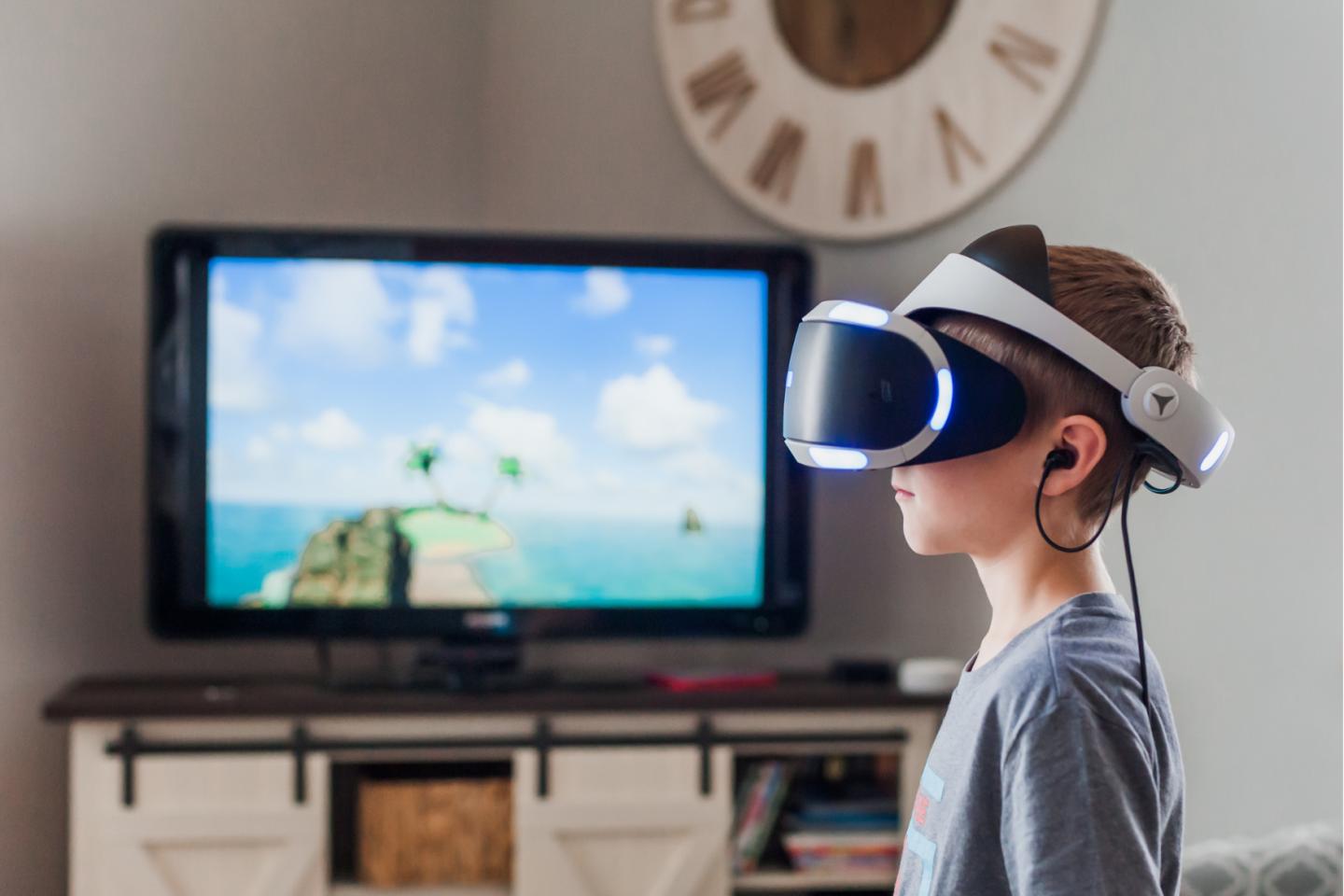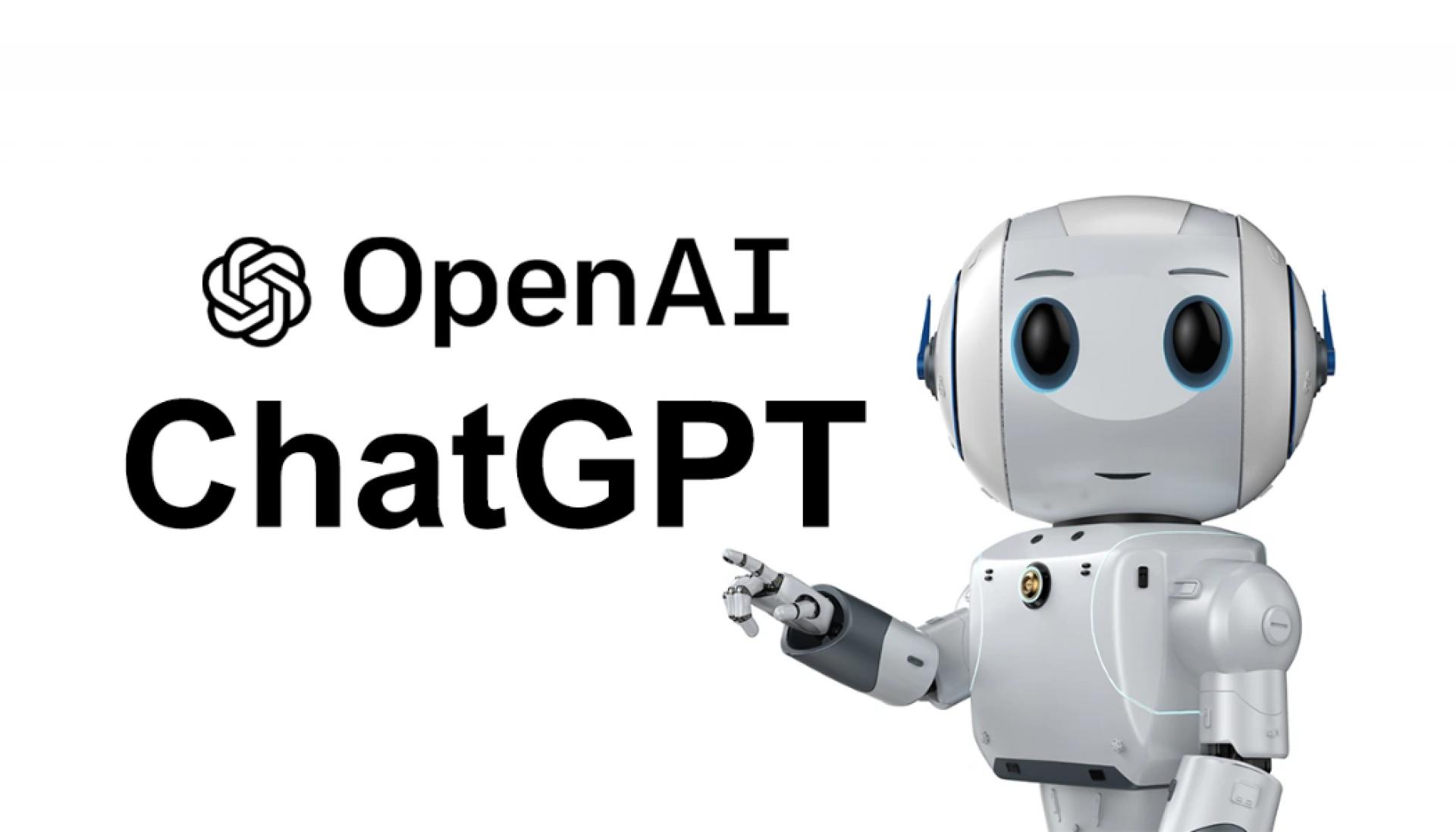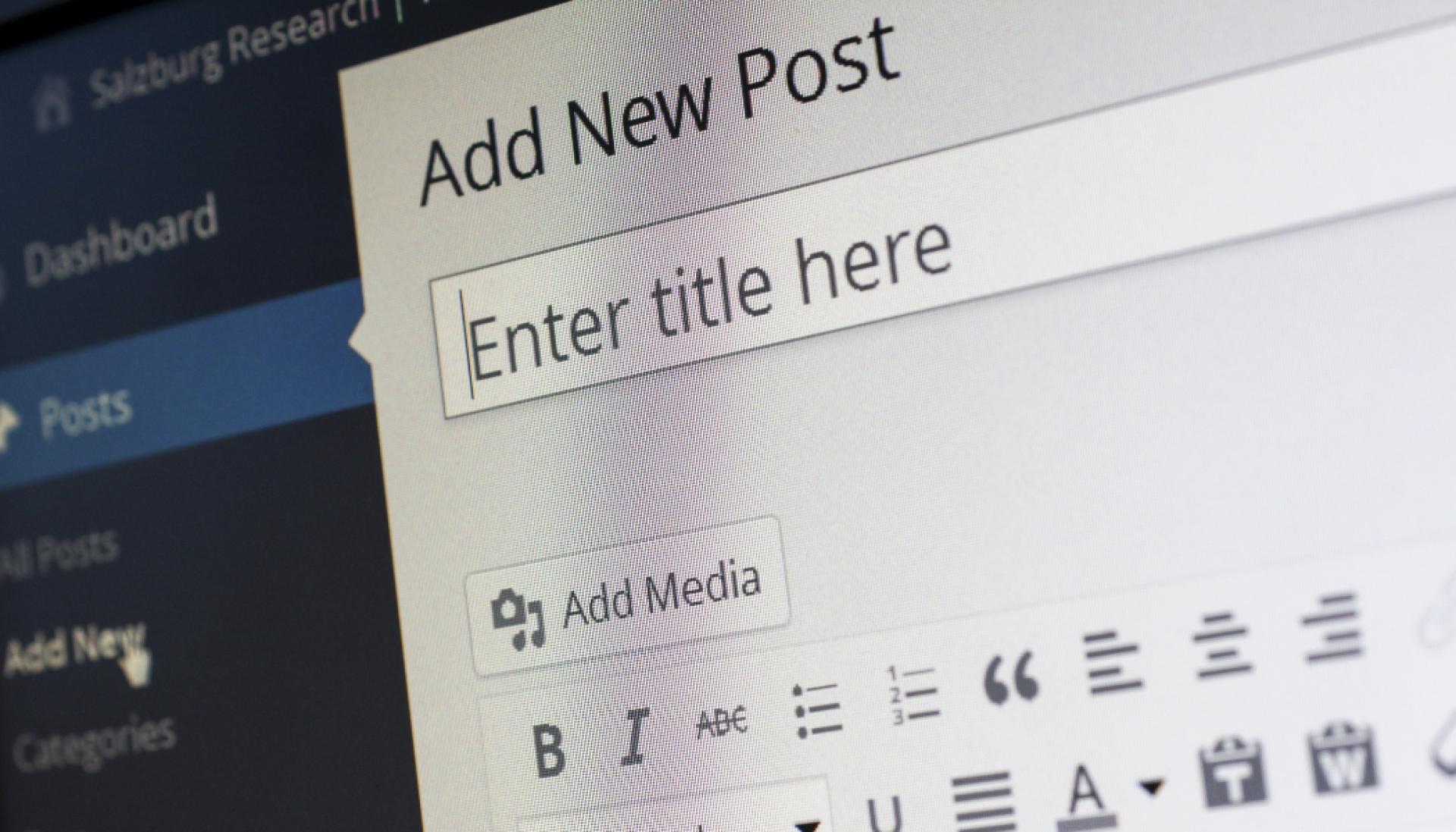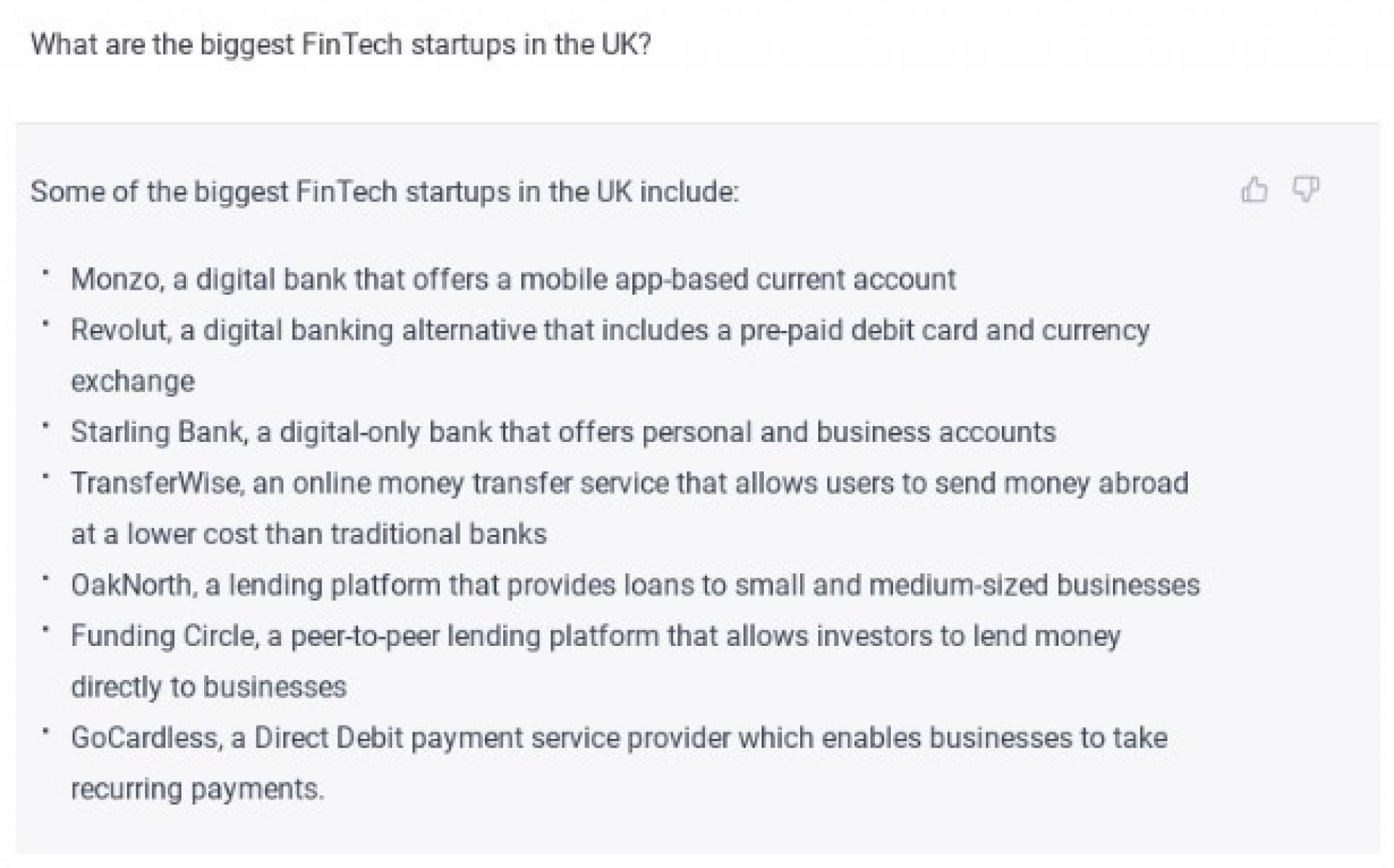
Creative Technology - which combines creative industries such as TV, Film, Music and Design with modern technology - is a fast growing and incredibly diverse sector with plenty of innovation and collaboration within it.
The age of artificial intelligence has officially arrived in the world of marketing & PR - and the response has been mixed, to say the least.

The Impact Of ChatGPT On Marketing & PR
The age of artificial intelligence has officially arrived in the world of marketing & PR - and the response has been mixed, to say the least.
While some marketers are excited about the potential of machine learning, others are a little anxious about their AI counterparts. Heated debates on AI are taking place across the internet, so I thought I’d take one of the most popular AI tools (ChatGPT) for a test drive.
As a self-confessed luddite I was initially sceptical, however after 5 minutes I was both astounded and terrified, I closed the browser tab, and tried not to think about a Terminator-esque global AI takeover.
But then I started to re-think my stance.
There isn’t a single industry that hasn’t experienced technological disruption, from banking to agriculture - and while innovation can feel scary, it’s generally a good thing in the long run.
I wanted to learn more about the true potential of platforms like ChatGPT, so I decided to conduct a little research. I checked out a few articles, consulted several agency founders, and read up on the opinions of influential marcomms figures - and this is what I found.

What’s the connection between ChatGPT and marketers?
Well, marketing is one of the first industries that ChatGPT is directly impacting. That’s because ChatGPT (and similar AI tools) have shown an ability to complete tasks that were previously reserved exclusively for humans - for example, carrying out market research or writing blog posts.
This is leading a few industry thinkers to reflect on the role that ChatGPT may play in the future of marketing, advertising, and PR.
Let’s take a look at some of the expert opinions floating around on the subject, and examine a few of the opportunities (and limitations) that ChatGPT may present.

How might ChatGPT impact the marketing world?
We’re still very much in the early days of ChatGPT, but there are already some clear signals of what the tool may be able to achieve in the near future.
Below are just a few examples of how industry experts think AI may affect marketers.
1. Producing long-form content
ChatGPT has already been utilised to create content such as blog posts and articles. This may sound crazy, but when you think about ChatGPT’s design, it starts to make sense.
The platform can instantly scour the internet for facts and condense them down into a neat, simple summary. This isn’t a million miles away from the basic role that content writers play.
Here’s an example of an email marketing brand that used ChatGPT to create an article. Although the piece was flawed, it’s still impressive to think that an AI platform was able to generate a full-length piece on a specialist subject.
2. Assisting with Search Engine Optimisation
When businesses are looking to increase their visibility on Google, they’ll leverage Search Engine Optimisation (SEO) tactics. This often involves keywords being inserted strategically into website content and blog posts, which helps to nudge brands up the Google rankings.
SEO experts SearchEngineJournal have already compiled a list of ways that AI can assist with search engine optimisation - although they don’t recommend using ChatGPT to create entire blog posts, they do suggest that it can help with research, planning, and reporting.
3. Conducting market research
Market research often requires experts to filter through hundreds of different search results, links, and documents to find golden nuggets of information.
With ChatGPT, this task can be completed in a matter of seconds.
For example, if I wanted to understand more about the biggest FinTech start-ups in the UK, I could simply plug this query into ChatGPT:

AI can rapidly sift through search results to find relevant information, so it’s not surprising that ChatGPT is already being employed for market research.

What are the potential limitations of ChatGPT?
However, ChatGPT isn’t a perfect marketing solution. Many industry professionals have already experimented with the tool and flagged some of its potential downsides.
1. It may deliver a generic tone-of-voice
One of the most obvious drawbacks of large-scale AI content is that everything may end up feeling very generic. Although tools like ChatGPT can make a deliberate effort to sound funny or entertaining, a lot of the outputs can still feel very similar.
Many experts have noticed that ChatGPT tends to produce content that’s fairly accurate and informative, but not particularly exciting or engaging.
(This could actually incentivise more businesses to seek out human copywriters. If the majority of brands end up generating AI headlines, articles, and emails, then it may open up opportunities for outside-the-box human thinking that stands out from the crowd.)
2. AI can’t identify misinformation
ChatGPT can’t always verify real facts, which may be problematic when brands are looking to create regular content using AI tools.
The internet is absolutely brimming with misinformation, and every false statement or misleading statistic online is a potential spanner in the works for AI writers.
3. It could damage a brand's reputation
Finally, we may reach a point where brands damage their reputation by leaning too heavily on AI assistance.
If consumers realise that personalised communications or sensitive PR releases have been generated entirely by ChatGPT, it may impact trust and credibility. This is why a balance between data-driven AI marketing and human input is key - the efficiency of ChatGPT is amazing, but it doesn’t always feel authentic.

So what’s the verdict on ChatGPT in marketing and PR?
It’s totally understandable that marketers are a little concerned about the surging popularity of AI tools - but burying our heads in the sand isn’t the answer.
If anything, the emergence of ChatGPT has just highlighted the need for quality hires and outstanding industry talent.
These AI platforms should be viewed as supplementary tools rather than hostile takeovers.
They can free up time for qualified marketers, creatives, and writers to focus on more exciting and innovative work. In a world where tools like ChatGPT may become commonplace in agencies and businesses, there’ll be even more opportunities for brilliant (human) brains to shine.
If you’re looking for guidance on finding the best talent for a growing finance or operations team within Creative Agencies, please get in touch with [email protected].
When we work in harmony, great things happen. Let’s show you how.
Get the latest insights, tips, and opportunities straight to your inbox – sign up today!